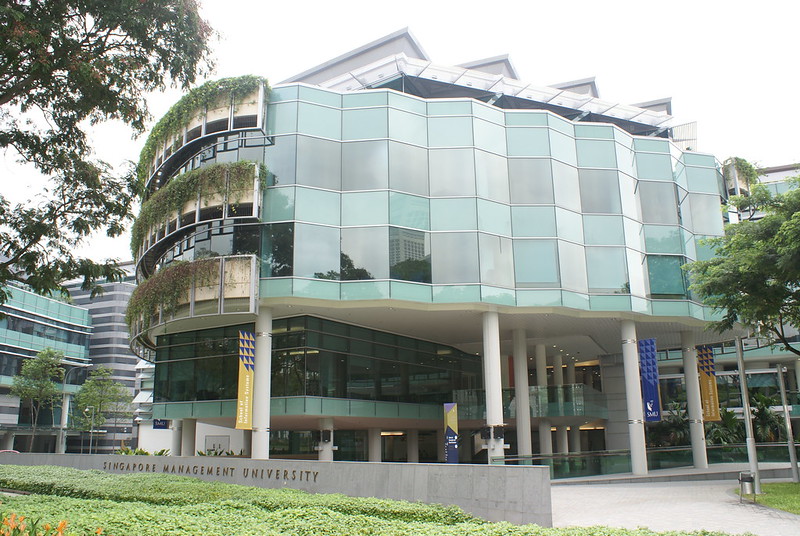Perspectives on the 21st Century Urban University from Singapore – A Viewpoint Forum
July 17, 2023

Five international scholars, in ‘Perspectives on the 21st Century Urban University from Singapore – A viewpoint forum’ (Cities, 2019), provide their critical analysis of the urban environment that envelopes and continues to shape Singapore’s higher education system. All of the contributors contend that there is a need to revise the currently dominant U.S./U.K.-centric approaches to urban universities, and provide possible visions of a distinct Singaporean model that transcends those of the Anglo-American model.
Assistant Professor Jean-Paul Addie (Georgia State University) and Professor Michele Acuto (University of Melbourne) introduce the three challenges that confront Singapore’s universities at present:
(1) the increasing expectations placed on higher education institutions;
(2) the pressures and possibilities of global urbanization;
(3) the shift of Singapore’s education sector beyond the ‘Global North’
Associate Professor Kong Chong Ho (NUS Department of Sociology and Anthropology) articulates the demographic transition that has occurred within both the student base as well as the teaching staff. Undergraduates are being drawn from a pool where foreign-born residents have increased dramatically, from 10% in 1980 to 25% of the population in 2019, and new foreign academic hires at universities stand at around 65%; this reveals the ever-increasing international and, arguably, less Singaporean face of university education. A/P Ho states that this international focus has shifted the higher education sector’s original focus, away from the task of educating the elite, towards the aim of becoming international research institutions.
Professor Stephen Cairns (ETH Zurich Future Cities Laboratory) regards Singapore as the primary model for Southeast Asia, where successful economic and urban development have drawn many observers from the region to now regard Singapore as a standard bearer for developing the global urban university in Asia. Prof Cairns regards the relative reluctance to ‘think beyond the limits of your home discipline’ as the main limiting factor of Singapore’s university sector at present. A future inter-disciplinary approach that actively communicates with peers across subject boundaries will only broaden audiences and expand access within Singapore and beyond.
Associate Professor Hwee Pink Tan (NUS Department of Information Systems) provides the case study of the flagship, Smart Homes and Intelligent Neighborhoods to Enable Seniors (SHINESeniors) project at Singapore Management University (SMU). The distinctive approach of applied research at SMU that brings about positive social impact within the country over purely academic work provides a vision of a different approach and value system within academia. A/P Tan notes how SMU is the only school located downtown and acts as the only ‘city’ university in the country. This starkly contrasts with the Anglo-American reality of urban universities that are in but often disconnected from the city in which they are based.
All five writers pose the question of how Singapore can leverage its highly developed urban framework and university system ‘to think, and ultimately act, like a city’.
Read the full article here.
